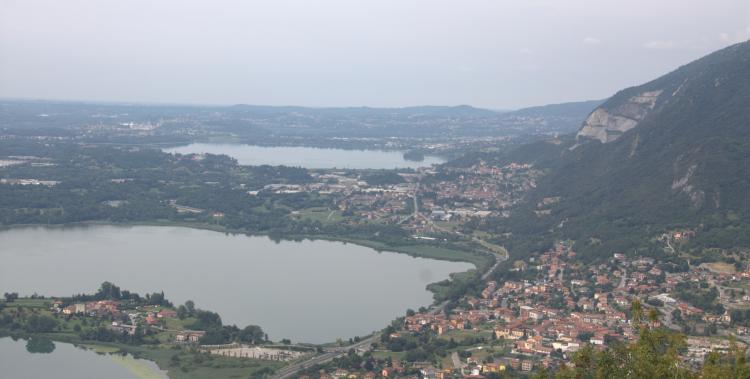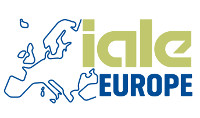
Meeting global challenges and exploring insights from landscape ecology
July 1 and July 5-10, 2019, Milan, Italy
The next PhD Course Landscape Ecology – From pattern and process to people and action, organised by IALE-Europe, is open for registration.
This year, the course is linked with the IALE 2019 World Congress in Milan (Italy) and will take place in the period of 1 July and 5 to 10 July 2019. From 1 to 5 July, the PhD researchers should participate in the IALE World Congress. This provides young researchers with the opportunity to meet with the wider landscape ecology community.
Landscape Ecology is the discipline studying the interaction between spatial pattern and processes in landscapes at various scales. It includes both the biophysical and societal aspects of landscapes and is inherent to an interdisciplinary domain. The theoretical discourses and paradigms in landscape ecology link natural sciences with related human disciplines. It offers the opportunity to integrate the fundamental scientific approach of landscape ecology within planning and policy.
This PhD Course fits in the series of PhD Courses in Landscape Ecology organised by IALE-Europe. Previous editions were organised in 2012 (Évora), 2013 (Manchester), 2015 (Copenhagen), and 2017 (Ghent), each in collaboration with a local university and with around 25 participating PhD researchers.
This course aims to set the stage for the participants to reflect on their PhD research within the wider landscape ecological thinking by interacting with young and notably senior researchers.
The course will be organized as a mixture of lectures on scientific concepts and tools, coaching session in groups according to research topics, giving feedback on students’ papers, time for discussion as well as a field trip to explore the area of the PhD course.
Course theme
The specific theme of the PhD course “Meeting global challenges and exploring insights from landscape ecology” is in line with the theme of the IALE World Congress “Nature and society facing the Anthropocene”.
Since the early stages of modern landscape ecology, there has been recognition that humans, in broad sense, cannot be ignored in a landscape ecological approach that aims to be holistic and applied. Progresses have been made in the integration of both the biophysical and the cultural perspectives in landscape ecology, but this is still a challenge. Especially in the current era of the Anthropocene, this integration is highly relevant and essential to tackle current environmental and societal challenges. Meeting global challenges such as climate change, energy transition, migration among others also included a spatial approach, where landscape should be considered as a resilient, socio-ecological system.
Bringing people from diverse disciplines together with differences in jargon, methods and approaches creates the setting for emphasising the role of landscape ecology as a meeting point, where pattern and process meet people and action. Evolving towards inter- and transdisciplinary approaches is fundamental when dealing with culture and nature facing the global challenges – both environmental and social. This fosters the interaction between natural and social sciences and between science, policy and practice. Hence the course will address topics from both natural and social sciences and more specifically focus on the integration of both.
In this course, we want to capitalize disciplinary and geographical diversity of PhD students, and the diversity of research questions to foster a discussion on clarifying the conceptual frameworks and methodological approaches to address the complexity of landscapes today.
Targeted audience
The course is open for PhD students from all over the world who are in different stages of their PhD research. To create an open atmosphere and to increase the interaction, the course is limited to a maximum of 25 students. All the students will have to participate in the World Congress with a poster or paper presentation. The course will be interesting for PhD students from natural and social sciences with research or clear link in their research to different aspects of landscape and landscape ecology. Feel free to contact the course organisation if you want to discuss in-depth if the course would fit into your PhD trajectory.

